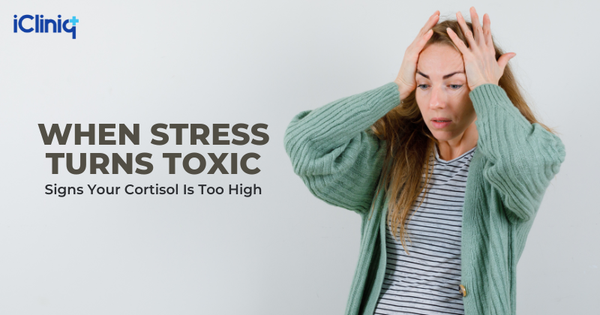Coronavirus: Social Distancing

Social distancing is a set of maneuvers that can slow down and, to an extent, stop infectious diseases from spreading. These maneuvers simply aim at reducing any kind of physical contact between two individuals.
It is important to follow social distancing in the current situation as coronavirus can easily be transmitted from one person to another.

Coronavirus Can Spread Via:
- Direct or close contact with a person who has been infected with the virus. The infected person can become contagious, even 24 hours before displaying the first symptom.
- Microdroplets that spread in the air while an infected person coughs or sneezes.
- Coming in contact with surfaces, which an infected person had contaminated with microparticles form his cough or sneeze, and then touching your face or mouth.

What can I do?
- If you are not feeling well, it is better to stay away from others.
- In case you are infected with the coronavirus, you will end up infecting others.
- In case you are not infected, you have a higher chance of contracting it since your immune system is already weak.

- Make sure to follow proper sneeze and cough hygiene.
- Every time you have food (before & after) or use the restroom, wash your hands with soap and water.
- Develop the habit of carrying and using alcohol-based hand sanitizers.
- If you sneeze, make sure you cover your nose and mouth with a tissue and do not allow droplets to spread.
These might look like simple tasks at regular times. But this situation has made us realize its importance. These measures can be followed even after this pandemic has ended.
Social Distancing at Home:
To make your house safe from the spread of germs:
- Practice good sanitizing skills after coughing or sneezing.
- Avoid unnecessary handshakes and kissing.
- Make sure you keep surfaces like kitchen tables, dining tables, sinks, and doorknobs disinfected at all times.
- Keep the filters of your air conditioners clean and in prime condition.
- Make sure your house is properly ventilated without the risk of infection.
- Try out online shopping and avoid unnecessary travel to the markets.
- Make sure you think twice before you travel outside, whether it is work or vacation.

In case someone is sick:
- Do not let them leave the house unnecessarily.
- Please make sure the person who cared for them take all precautionary measures to stay safe.
- Avoid too many people to come in contact with the sick person.
- Make sure the sick person’s room is properly ventilated, but the door to the house remains shut.
- It is mandatory for both the sick person and the caretaker to wear surgical masks in the sick person’s room.
- Do not let people who get sick easily come in contact with the sick person.
Social Distancing in the Workplace:
To make sure you are safe from germs at the workplace:
- Do not go to work if you are sick.
- Avoid unnecessary handshakes and other physical contacts.
- For meetings, opt for phone conversations or video conferencing.
- Avoid unnecessary gathering of people in the same room.
- Make sure unavoidable meetings are conducted in open and properly ventilated rooms.
- Educate your colleagues about steps to be followed while sneezing and coughing and provide hand sanitizers at the workplace.

- Make sure the high touch surfaces in your workspace are cleaned and disinfected regularly.
- Adjust your air conditioners and, if required, open windows to make sure there is proper external air circulation.
- Make sure to cover and seal your food packets properly. Please do not leave them in the open for long.
- Think twice before traveling for business.
- Enforce proper regulations for staff who handle food preparation and distribution.
- Reschedule all large informal gatherings to a later date.
Social Distancing in Schools:
All schools and parents should follow these instructions to make sure the infection does not spread to children:
- If they are even a little sick, please do not consider sending them to school.
- Ask your children to sanitize their hands whenever they enter or leave the school, also, during regular intervals.
- Activities that will involve students form multiple classes working together should be prevented.
- It is advisable to cancel morning assemblies until things get back to normal.

- Create and enforce a frequent handwashing schedule.
- Disinfect frequently contacted surfaces regularly.
- If possible, it is better to conduct sessions outdoor.
- The classrooms should be properly ventilated with an external air supply.
- Extra care should be taken to keep the canteen clean. The staff preparing and supplying food should follow strict hygiene measures.
Social Distancing in Public:
To reduce contact with germs in public places:

- Sanitize your hands while leaving and entering the house.
- Try moving to online payments rather than handling physical cash.
- Avoid crowded areas and public transport.
- Check with your taxi driver if the taxi has been properly disinfected and make sure the windows are down.





